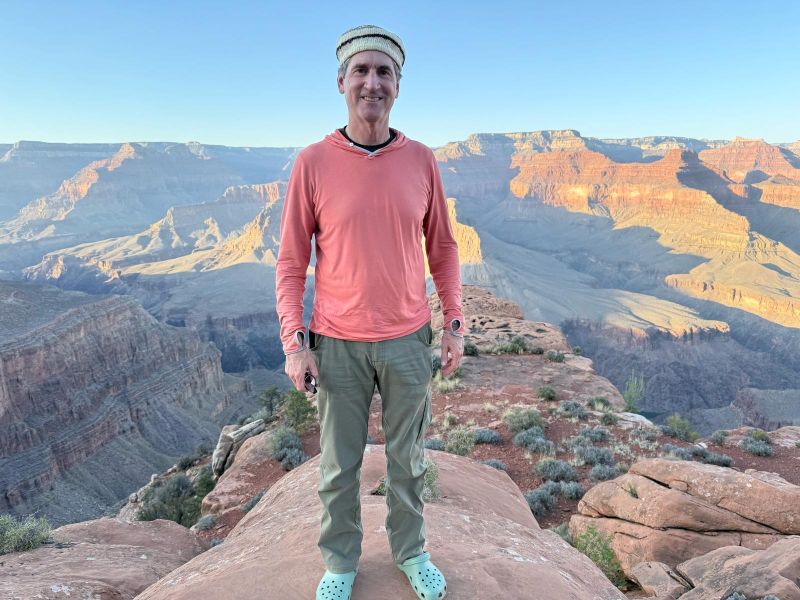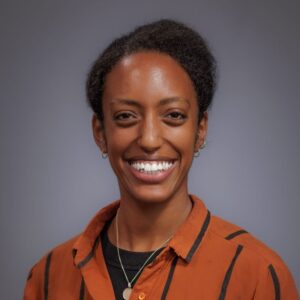Original Publish Date: June 16, 2025. This story was updated on Sept. 18, 2025, to add a video of Dr. Bruce Struminger.
What inspired you to join Project ECHO?
Early in my career, I helped launch the Harvard Alumni Association’s first computer-based distance education pilot—an early model of virtual peer-to-peer learning. Over the years, I continued to explore innovative approaches to distance learning in global health, including projects in Côte d’Ivoire and Vietnam that used emerging technologies to deliver case-based, asynchronous education and continuous medical education.
When I read about Project ECHO’s hepatitis C work in the New England Journal of Medicine in 2011, I immediately recognized it as the next evolution of distance education—combining case-based learning, communities of practice, and videoconferencing. After returning to the U.S. and the Shiprock Service Unit of the Indian Health Service on the Navajo Reservation in 2012, I began participating in ECHO sessions and co-launched the IHS Hepatitis C ECHO program with Dr. Karla Thornton early in 2013. I joined the ECHO Institute in 2014 with a vision to expand the model globally, helping launch the first tuberculosis ECHO in Vietnam and, in 2015, the first ECHO program in Africa, in Namibia.
How does your background prepare you for this role?
I began my career as an internal medicine physician with an interest in infectious diseases and social justice issues, then moved into global public health, working in places like rural New Mexico, West Africa, and Southeast Asia. That experience shaped my commitment to culturally informed, real-world solutions—something I bring to every partnership across our global ECHO network.
Through my career, education and capacity building have been the long-lasting legacies of my work. When people are educated, they own it. With ECHO, we can start programs for learning that are inexpensive and easy to maintain, and this can have a lasting impact.
What’s one moment at ECHO you’re especially proud of?
Helping launch Vietnam’s first tuberculosis ECHO and Africa’s first ECHO program in Namibia—two efforts that helped countries build sustainable, locally led capacity to address major public health challenges. Also helping the Cote d’Ivoire National Institute of Public Health and the Zambia University Teaching Hospital to start their ECHO programs, decentralize them, and eventually become ECHO Superhubs helping partners to develop their own ECHO programs across Francophone and Anglophone Africa.
What excites you most about the future of ECHO?
The integration of AI and virtual reality into clinical education and support are two very exciting areas for digital learning transformation. These innovations, when combined with the ECHO Model, offer incredible potential to expand access and impact.
What do you enjoy outside of work?
I love hiking, camping, canoeing and backpacking—anything outdoors. Travel has always been important to me, both personally and professionally. It keeps me grounded, paying attention, and open to new perspectives.
For more information on Dr. Struminger, view his UNM faculty profile or email us.
Featured Image: Dr. Bruce Struminger on a trip to the Grand Canyon National Park, AZ. Photo Credit: Isabel Constable, April 2025.


